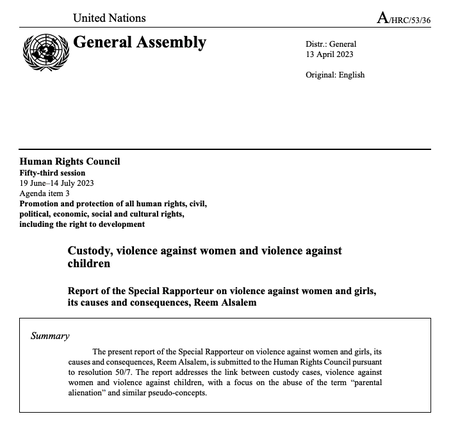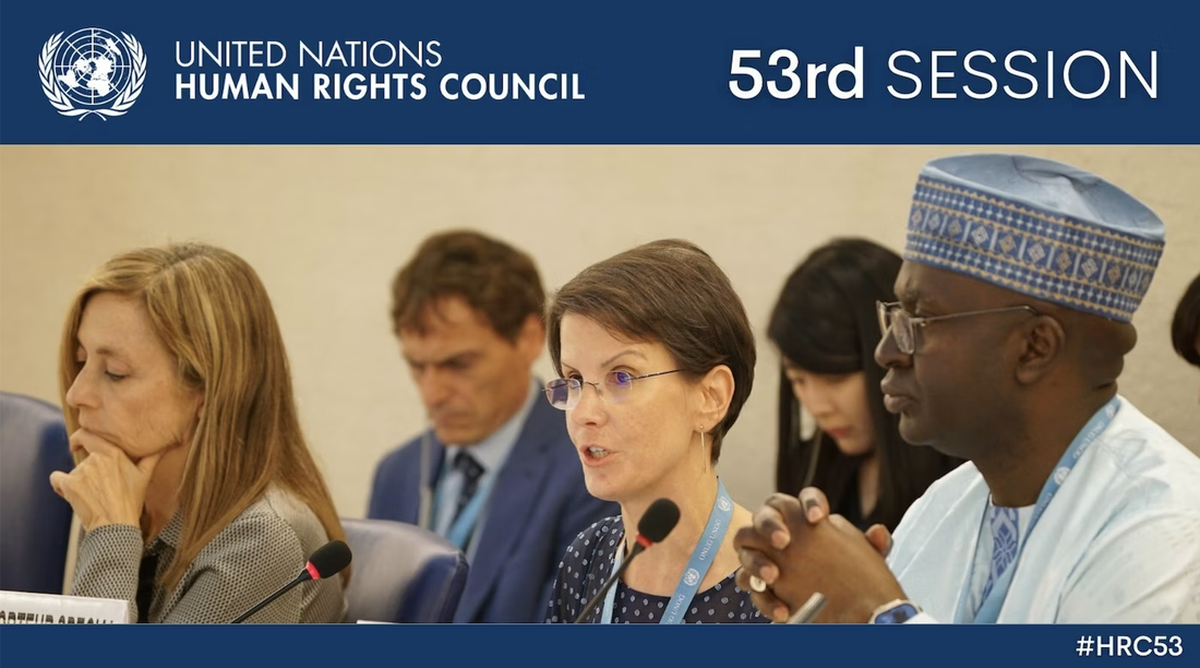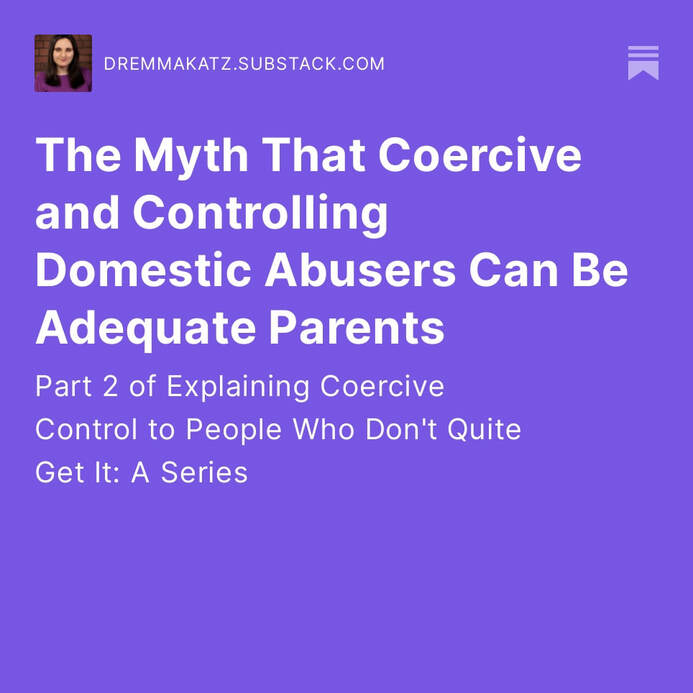custody: (n) the protective care or guardianship of someone or something.
On a micro (family violence) and macro level (all forms of institutional violence & betrayal), the tactics and patterns of abusers/oppressors are the same. ―They are rooted in the need for domination and a goal to separate their victims from truth, health, care, support, family, land, culture, resources and from oneself. In both cases, systems are weaponized, DARVO tactics are almost always present (to control the narrative) and in far too many cases, the deliberate harm of children is the clear intention.
We are committed to continuing to bear witness to the experiences of survivors throughout the globe to ensure that they feel seen, their experiences are validated and the truth is maintained. We also nurture the evolution of conditions within our systems by raising cultural awareness via curated news, research, and original educational media.
Our vision is that the destructive cycles of abuse/violence and extraction are replaced with natural cycles of health, healing and regeneration in our homes, communities and planet.
When we collectively prioritize children, human rights, protection from violence/abuse, truth and accountability, we will empower, support collective healing, and the healing of our communities and planet in every way imaginable.
The 10+ Most Impactful Family Law/Child Safety Advocacy Moments of 2023 (Plus 2021 + 2022 highlights)
It is our extreme hope (and urging) that this momentum continues on a broader scale to ensure that the lives and human rights of all beings are protected and that all victims of oppression continue to rise together to cultivate more health and peace throughout our world.
As we know, on a micro and macro level, the tactics of abusers/oppressors are the same. They are rooted in the perpetuation of separation from health, support, family, land, culture, truth, and from oneself. When we all prioritize human rights and protection from violence and abuse, we empower, support collective healing, and the healing of our communities and planet in every way imaginable.
Here are just some of the most impactful moments of 2023 in the area of Family Court/Child Safety Advocacy. May these evolutions within the family court system be a pathway to the larger movement in our world where cycles of abuse/oppression are replaced with natural cycles of health, peace, regeneration and liberation for all.
Custody, violence against women and violence against children
This report was presented at the UN Human Rights Council Fifty-third session on June 23, 2023 #HRC53
|
Summary: The present report of the Special Rapporteur on violence against women and girls, its causes and consequences, Reem Alsalem, is submitted to the Human Rights Council pursuant to resolution 50/7. The report addresses the link between custody cases, violence against women and violence against children, with a focus on the abuse of the term “parental alienation” and similar pseudo-concepts.
Agenda item 3: Promotion and protection of all human rights, civil, political, economic, social and cultural rights, including the right to development Custody, violence against women and violence against children - Report of the Special Rapporteur on violence against women and girls, its causes and consequences, Reem Alsalem |
9th Meeting - 53rd Regular Session of Human Rights Council
This report was presented at the UN General Assembly UN Human Rights Council Fifty-third session on Friday, June 23 at 4am ET (New York) #HRC53
|
|
|
California Governor Signs Rubio’s SB 331- Piqui’s Law, Groundbreaking Legislation Reforming Family Courts
|
|
Featured Educational Resources
|
This is part 2 of a new series from Dr. Emma Katz, Explaining Coercive Control to People Who Don't Quite Get It. Part 1 can be read here.
This series will explain why the common responses that people have to victims-survivors and to perpetrators are often based on misunderstandings, and how these misunderstandings can be really harmful and hurtful for victims-survivors (and helpful and emboldening for perpetrators). "It is my hope that readers might be able to show this to someone in their life who doesn’t quite understand coercive control, and that it might be eye opening for people who previously haven’t read much around this subject but who are willing to learn about it now. It is also my hope that victims-survivors who’ve been on the receiving end of harmful or hurtful responses will feel validated by what they are about to read in these pieces." - Emma Katz |
What is Post Separation Abuse? The use of systems intended to protect you, to control you.
As stated by Dr. Christine Marie Cocchiola:
“Coercive controllers very often seek out weapons to retain or regain their control. A choice weapon is the very systems intended to protect victims and survivors, such as the criminal justice and judicial system. The coercive controller weaponizes these systems to further inflict harm on his target. All too often, the systems themselves are complicit in this abuse, simply due to the patriarchal ideology in place. Systemic coercive control can be the most traumatic experience for individuals who have experienced abuse. When abusers use the system, with false accusations or to further inflict financial or legal abuse, victims trapped in this cycle of abuse, have no escape. Child Protective Services (CPS) is one such system, intended to protect children from abuse and neglect, is weaponized to further traumatize victims. Very often, coercive controllers will manufacture false allegations against a protective parent/coercive control victim simply for revenge. Revenge. It becomes the final weapon used by all coercive controllers. — ‘If I cannot control you, then I will use the systems intended to protect you, to control you.’”
|
|
Custody Peace was a Proud Host Partner of the Allen v. Farrow Panel Series
REPLAYS NOW STREAMING VIA JANE DOE FILMSWe are a proud host partner of this impactful discussion series! Jane Doe Films invites you to "Allen v. Farrow & Family Courts," a virtual panel discussion. This discussion will focus on the need for improving child protection in family courts through legislation at both the state and federal levels. The 7-Emmy nominated series, Allen v. Farrow, it is available now on HBO.
|
RESEARCH: Confronting the Challenge of High-Conflict Personality in Family Court via Santa Clara Law
This empirical study focuses on family law cases that involve a litigant with a personality disorder and that drag on for years despite reasonable options for resolution. Informed by the relatively sparse literature on high-conflict personalities in the family law system, Professor Oberman and her co-authors interviewed experienced family law practitioners, family law judges, and a seasoned custody evaluator with the goal of increasing knowledge about the harms associated with high-conflict personalities in the family law system, the forces that perpetuate these protracted disputes, and possible means to ameliorate the problem. Professor Oberman and her colleagues report on the major themes that emerged from their interviews with family law experts and propose a series of reforms suggested by these findings.









